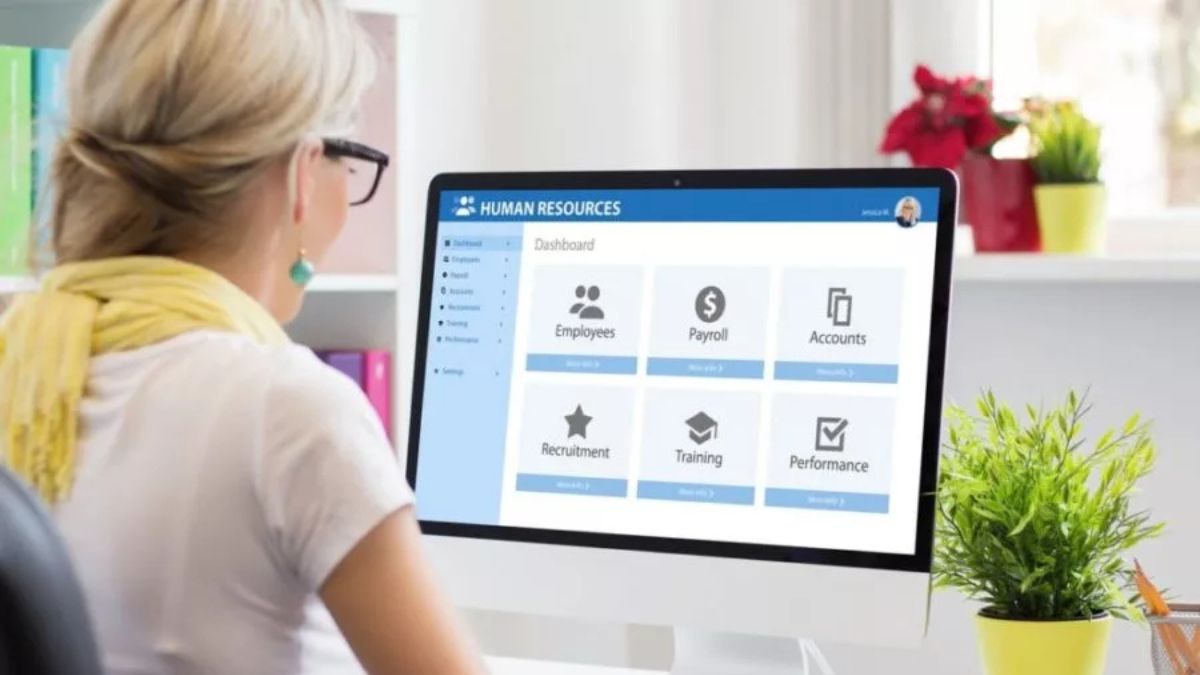Starting a business comes with countless decisions, but few feel as overwhelming as navigating the world of business taxes. Between understanding different tax structures, tracking deductible expenses, and meeting deadlines, many new entrepreneurs find themselves drowning in paperwork and confusion.
The good news? Business taxes don’t have to be a nightmare. With the right knowledge and preparation, you can manage your tax obligations efficiently while maximizing your deductions and staying compliant with regulations. This guide will walk you through everything you need to know about business taxes, from choosing the right structure to avoiding common mistakes that could cost you money.
Whether you’re launching your first venture or looking to better understand your existing tax situation, this comprehensive overview will help you approach tax season with confidence instead of dread.
Understanding Business Tax Structures
Your business structure determines how you’ll pay taxes, making this one of the most important decisions you’ll make as an entrepreneur. Each option comes with distinct advantages and responsibilities.
Sole Proprietorship
The simplest business structure, sole proprietorship means you and your business are considered the same entity for tax purposes. You’ll report business income and expenses on Schedule C of your personal tax return. While this structure offers simplicity, you’re personally liable for all business debts and obligations.
Partnership
When two or more people own a business together, they typically form a partnership. The business itself doesn’t pay income taxes. Instead, profits and losses pass through to partners, who report their share on their personal tax returns. Each partner receives a Schedule K-1 showing their portion of the business’s income, deductions, and credits.
Limited Liability Company (LLC)
LLCs offer flexibility in tax treatment. Single-member LLCs are taxed like sole proprietorships by default, while multi-member LLCs are taxed like partnerships. However, LLCs can elect to be taxed as corporations if it provides tax advantages. This structure also provides personal liability protection that sole proprietorships and partnerships lack.
Corporation
Traditional C-corporations face double taxation—the company pays corporate income tax, and shareholders pay personal income tax on dividends. However, corporations can deduct business expenses and may qualify for certain tax benefits unavailable to other structures.
S-corporations avoid double taxation by passing income and losses through to shareholders’ personal tax returns, similar to partnerships. However, S-corps have strict eligibility requirements and limitations on the number and type of shareholders.
Essential Business Tax Deductions
Maximizing legitimate business deductions can significantly reduce your tax burden. Keep detailed records of these common deductible expenses throughout the year.
Home Office Expenses
If you use part of your home exclusively for business, you may qualify for the home office deduction. You can choose between the simplified method (deducting $5 per square foot up to 300 square feet) or the actual expense method (deducting the percentage of home expenses that corresponds to your office space).
Business Equipment and Software
Computers, software, office furniture, and other equipment purchased for business use are generally deductible. You may be able to deduct the full cost in the year of purchase through Section 179 deduction or bonus depreciation, or spread the deduction over several years through regular depreciation.
Professional Services
Fees paid to accountants, lawyers, consultants, and other professionals for business purposes are fully deductible. This includes tax preparation fees for your business returns.
Marketing and Advertising
Money spent promoting your business—including website development, social media advertising, business cards, and trade show expenses—qualifies for deduction.
Vehicle Expenses
If you use your vehicle for business, you can deduct related expenses using either the standard mileage rate or actual expense method. Keep detailed logs of business mileage and maintain receipts for vehicle-related expenses.
Business Meals
You can generally deduct 50% of business meal costs when discussing business with clients, customers, or employees. Meals provided for employee convenience may be 100% deductible.
Record-Keeping Best Practices
Proper documentation supports your deductions and protects you during audits. The IRS can disallow deductions if you can’t provide adequate records.
Essential Documentation
Keep receipts, invoices, bank statements, and canceled checks for all business expenses. For meals and entertainment, note the business purpose, people present, and topics discussed. Vehicle logs should include dates, destinations, mileage, and business purposes.
Digital Organization
Consider using accounting software or mobile apps to track expenses in real-time. Many apps can photograph receipts and categorize expenses automatically. Cloud-based systems ensure you won’t lose important documents.
Retention Periods
Generally, keep tax records for at least three years after filing your return. However, if you underreport income by 25% or more, the IRS has six years to audit. Keep records indefinitely for items like asset purchases and improvements that affect your basis in property.
Understanding Tax Payments and Deadlines
Business taxes involve more than just filing an annual return. Most businesses must make quarterly estimated tax payments throughout the year.
Quarterly Estimated Taxes
If you expect to owe $1,000 or more in taxes, you must make quarterly estimated payments by January 15, April 15, June 15, and September 15. Base these payments on your expected annual income or 100% of last year’s tax liability (110% if your prior year AGI exceeded $150,000).
Annual Filing Deadlines
Most business tax returns are due by March 15 (partnerships, S-corps, and multi-member LLCs) or April 15 (sole proprietorships and single-member LLCs). C-corporations have a deadline of April 15. You can request extensions, but any taxes owed are still due by the original deadline.
Employment Tax Obligations
If you have employees, you’ll need to withhold and pay employment taxes including Social Security, Medicare, and federal unemployment taxes. These are typically due monthly or semi-weekly, depending on your payroll size.
Common Tax Mistakes to Avoid
Simple oversights can lead to penalties, interest, and unnecessary stress. Avoid these frequent errors to keep your tax situation clean.
Mixing Personal and Business Expenses
Keep business and personal finances completely separate. Use dedicated business bank accounts and credit cards, and never pay personal expenses from business accounts. This separation simplifies record-keeping and supports your deductions.
Poor Receipt Management
Lost receipts can mean lost deductions. Develop a system for collecting and organizing receipts immediately after purchases. Even small expenses add up over time.
Incorrect Tax Structure
Many businesses stick with their initial structure even when their situation changes. Review your tax structure annually to ensure it still makes sense as your business grows and evolves.
Missing Deadlines
Late filing and payment penalties can be substantial. Use calendar reminders or work with a tax professional to ensure you never miss important deadlines.
Getting Professional Help
While many small business owners handle their own taxes, professional assistance becomes valuable as businesses grow more complex.
Tax professionals can help you choose the optimal business structure, identify overlooked deductions, ensure compliance with changing regulations, and represent you if issues arise with the IRS. The cost of professional help often pays for itself through tax savings and peace of mind.
Consider professional assistance if you have employees, multiple business locations, significant equipment purchases, or complex ownership structures. Even if you prepare your own returns, an annual consultation can provide valuable insights.
Taking Control of Your Business Taxes
Understanding business taxes empowers you to make informed decisions that benefit your bottom line. Start by ensuring you have the right business structure for your situation, then develop systems for tracking expenses and maintaining proper records.
Remember that tax planning is a year-round activity, not just a spring scramble. Regular attention to your tax situation helps you identify opportunities for savings and ensures you’re prepared when deadlines approach.
Take action by reviewing your current record-keeping system, setting up quarterly estimated tax payments if needed, and considering whether professional help would benefit your situation. With proper preparation and understanding, you can transform business taxes from a source of stress into a manageable part of running your successful venture.











